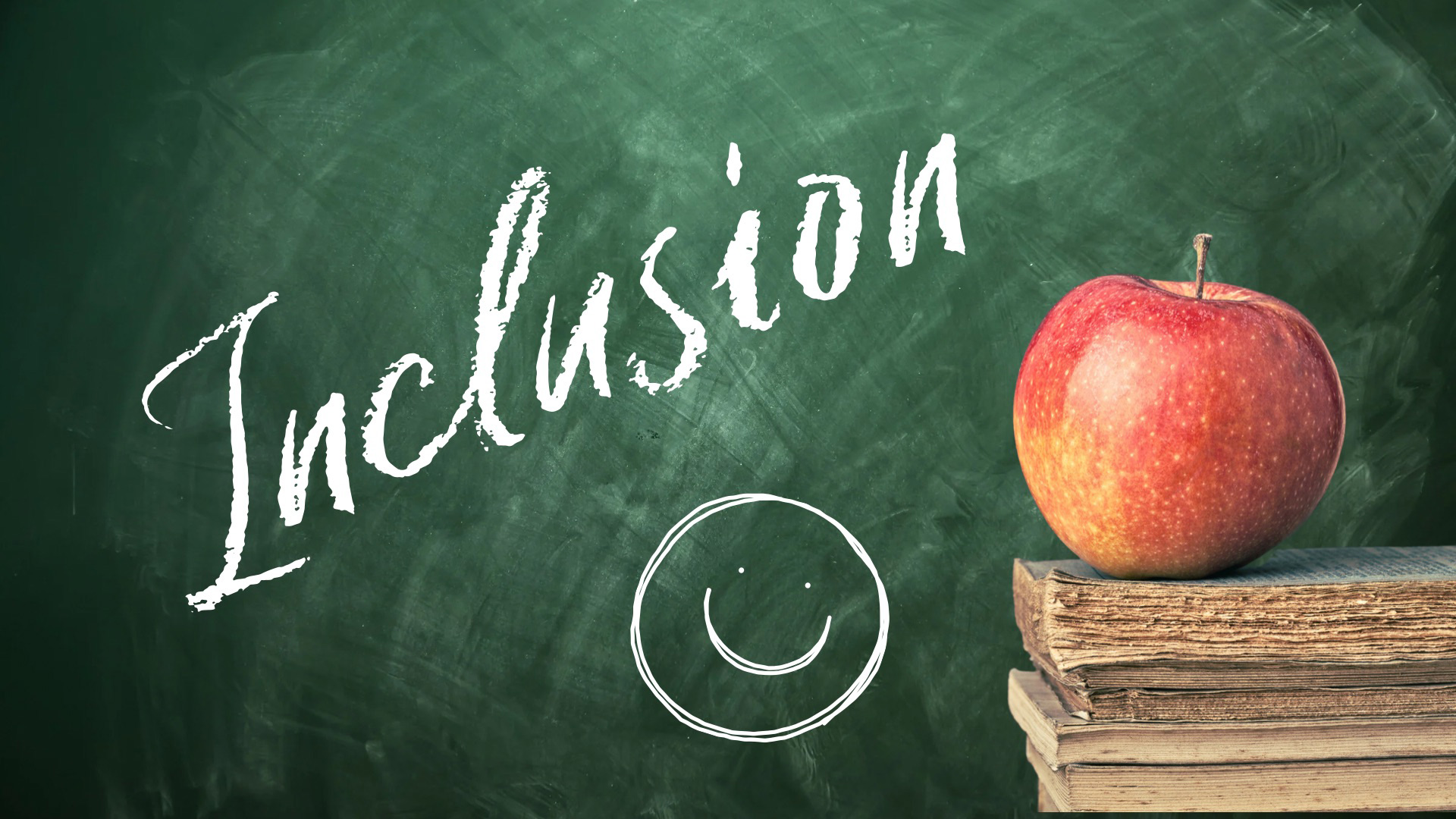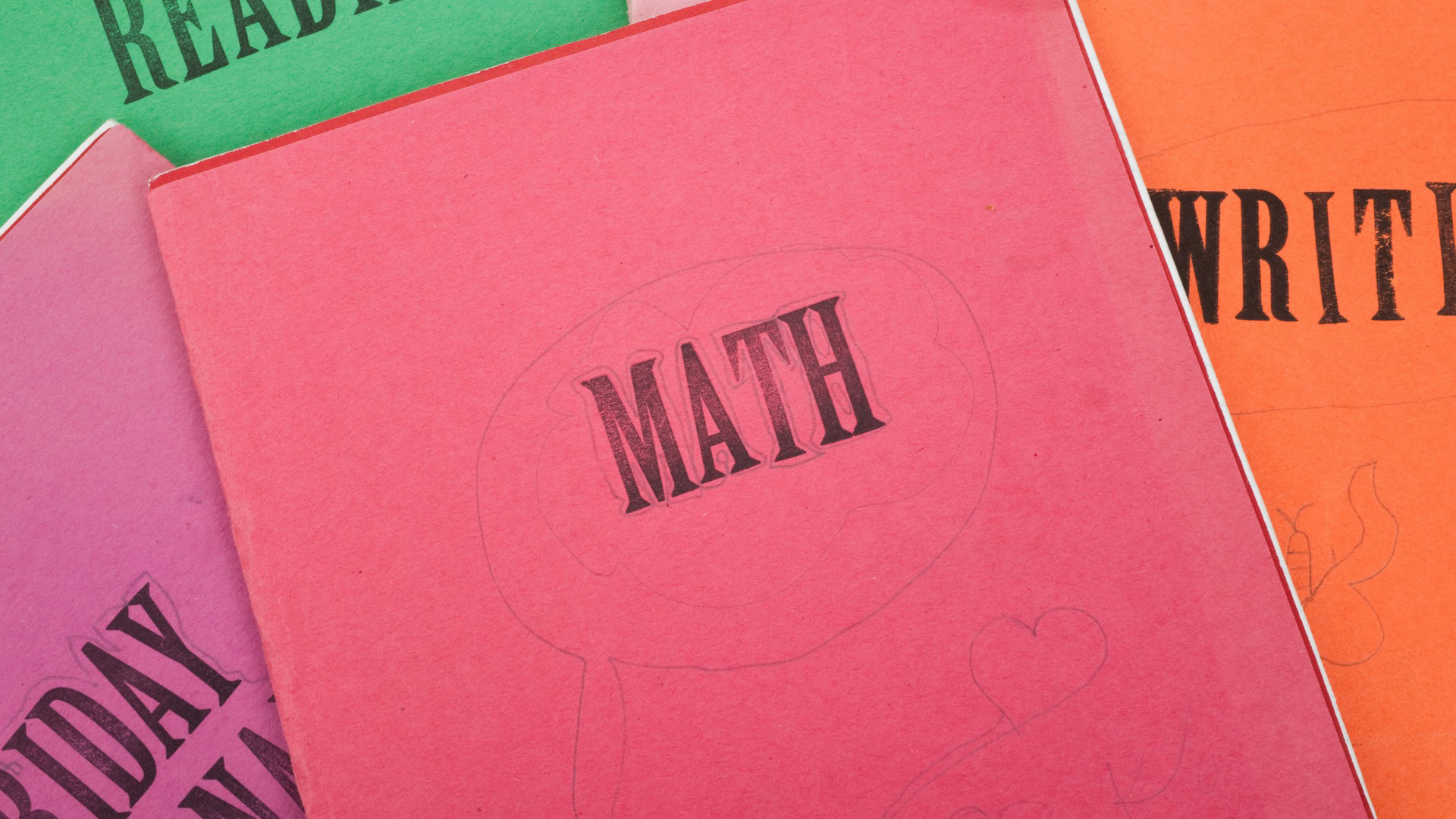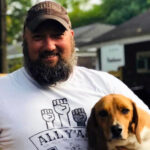
That Ain’t How We Do Things ’Round Here
An education professor examines how inclusion in the classroom can move the South forward.
The South has a way of working on all of us who call it home. To live in the South with a heart set on treating folks right and a brain set on figuring out how to do that is to live in a state of constant uneasiness. It is to live with the duality: that the South we want isn’t always the South that exists.
I have spent all my professional life working toward educational equity for marginalized students in the American South and for public-school teachers who go to work every day facing the juxtaposition of treating people right while not being treated so well themselves. My way of working for the South, and having the South work for me too, has been through education. It is a lens through which I can interpret the South. A first-generation college student from rural north Georgia, I started my teaching career in alternative education, where I taught a diverse group of students with and without disabilities, with and without basic necessities, with and without the vision of a path forward in a South that hadn’t treated them so kindly.
I spend my days now as an associate professor of special education and co-running a nonprofit called the All Y’all Social Justice Collective. I write about disability rights, school health and wellness, and justice-oriented school spaces for kids with and without in the American South. I teach course after course where I ask future teachers to consider their purpose and embrace their role in contributing to the common good through education. I ask them to deal with the reality that they are about to enter a career in which they will face countless challenges, where they will be wholly undervalued, but where they are irreplaceable agents for good.
I don’t know that I do any of these things well, especially now, and I think many of us feel this way as we are coming out of a two-year global pandemic. We ought to say that out loud.
I don’t know that my students are in a place to contemplate themselves as “irreplaceable agents for good” while they, too, are just trying to survive. I don’t know that the teachers I talk to every day are feeling so good either as they turn on the news to see school board meetings with screaming parents who see a mask as a weapon of mass instruction, and for many, the belief is that instruction is indoctrination.
She didn’t need to say anything else. I didn’t need a lecture on equality or inclusion. I didn’t need to be punished. No one needed to call my mama. I felt it. She had spoken her reality of an inclusive world into existence right there in that underfunded school media center.
It is hard to take it all in. This moment in which we find ourselves is what I teach as a “binding moment.” The reality of our current situation is binding us all to something as we are being forced to reimagine many aspects of life and society. Just the other day in class, my students and I were talking about life moments that caused us to reconsider our trajectory; to share a story that caused us to feel bound to a cause. I told this one:
When I was in the sixth grade, I was a chubby kid with a wardrobe made entirely of Braves T-shirts my grandmother would save for me as she sorted clothes at her job at the Salvation Army. I often tried to hide my obvious lack of social mobility by wearing copious amounts of Old Spice cologne — just the smell you want to bring to a classroom after coming in from the north Georgia heat. To put it mildly, I was awkward. Attending a public middle school in rural Georgia in the 1990s meant that the “inclusion movement,” a concept I fight tooth and nail for today, hadn’t exactly taken off. Schools were still largely segregated along the lines of ability. I was in the gifted and talented program, which meant I did not have many opportunities to interact with students in “special education.”

One day, my homeroom teacher asked me if I would be interested in spending a class period with “students with disabilities.” I wasn’t sure how to respond. Like most kids who had grown up under the social norms at the time, I didn’t understand the entirety of what that meant. However, if it meant I got to skip part of the gifted and talented class where we sat and stenciled posters and talked about elevation maps, I was totally in. Now, as a professional in the field, I realize that what I was being asked to do was pretty innovative for the time. The idea was inclusion. The idea was that putting kids with similarities and differences, despite ability status, together and letting them be kids was a productive and good thing for everyone involved.
So, for this really awesome semester, I would get to go “down the hall” to hang out with the kids in special education for an hour. I would simply take part in whatever was going on that day. Along the way, the teacher of the class would talk to me about disability and what it meant. She talked about disability rights and advocacy and partnerships and inclusion and all of this stuff that sounded so radical and amazing. I loved it, but it felt more like a fairy tale than a possible reality. I was still bound to unjust social norms that my 12-year-old brain wasn’t quite able to shake.
It was this being bound to unjust norms that led to my “binding moment.”
I will never forget that it was a Thursday. I cannot tell you why I remember that, but I do; that’s how powerful this moment was. Part of the special education class’s curriculum was to engage in life skills development. There was no assumption that I didn’t need life skills, too. We just worked together. A student, Dave, and I were asked to go and vacuum the library. We were sent out all by ourselves with two smiles and two vacuums; a very wild feeling for two 12-year-old boys who were used to the micromanagement of public education. Well, I had a math test the next period. Playing into the unjust societal norms, I figured Dave could do the vacuuming while I studied. So that’s what I “told” him to do … as if I had any right to do so. I was playing into injustice, assuming I had more important things to do than Dave.
I went and found a table at the library far away from Dave and his loud vacuum. Dave got to work. I got to studying. I don’t know how much time passed, but I remember being lost in studying when I looked up to see the special education teacher. I can hear the conversation in my head as I pen these words:
“What are you doing, Adam?”
“Studying. I have a really big math text next period.”
I anticipated sympathy, then I saw her eyes. They were disappointed. They felt some fire I didn’t understand. Then her hands shut my notebook and with her thick, Southern drawl, she said these words that still ring in my ears:
“That ain’t how we do things ’round here.”
She didn’t need to say anything else. I didn’t need a lecture on equality or inclusion. I didn’t need to be punished. No one needed to call my mama. I felt it. She had spoken her reality of an inclusive world into existence right there in that underfunded school media center.
I was being an absolute privileged ass. I was taking advantage of another person. I was taking part in oppression.
I didn’t intentionally do any of that, but I did it all the same. And all this wonderful lady had to do was look me in the eyes and say, “That ain’t how we do things ’round here.” I learned a lesson that set me on a new path. I apologized to Dave, who didn’t seem to care, but he did tell me I could do all the vacuuming next time. I did.
Those two folks saved me that day. They set me on a better path. Salvation, as it were, came from a duality of grace and fire. It came from a calling out of injustice, even to those who are taking part in injustice without meaning intentional harm.
This is where the South is at this moment. We need that fire, and we need that grace. We need to reclaim, “That ain’t how we do things ’round here.” It is time for us to speak that South into existence, both in education and beyond. That phrase must mean that we don’t do oppression here. We don’t do racism, classism, ableism, or sexism. We don’t let a single story of the South be the whole story. We don’t give up.
Not ’round here we don’t.
If we are all going to be bound to the South, well, we got to make it right.
Here’s to Salvation South.
Dr. Jordan is an associate professor of Special Education at the College of Charleston whose research focuses on well-being in alternative schools. A first-generation college student from rural north Georgia, his teaching, research, and service are all focused on the inclusion of traditionally marginalized populations, a commitment to a better south, and reconceptualization of risk narratives.
About the author
Adam is an associate professor of special education at the College of Charleston. His work focuses on inclusive school spaces and his eternal hope is that it contributes to making the South just a little bit more hospitable for all folks.


